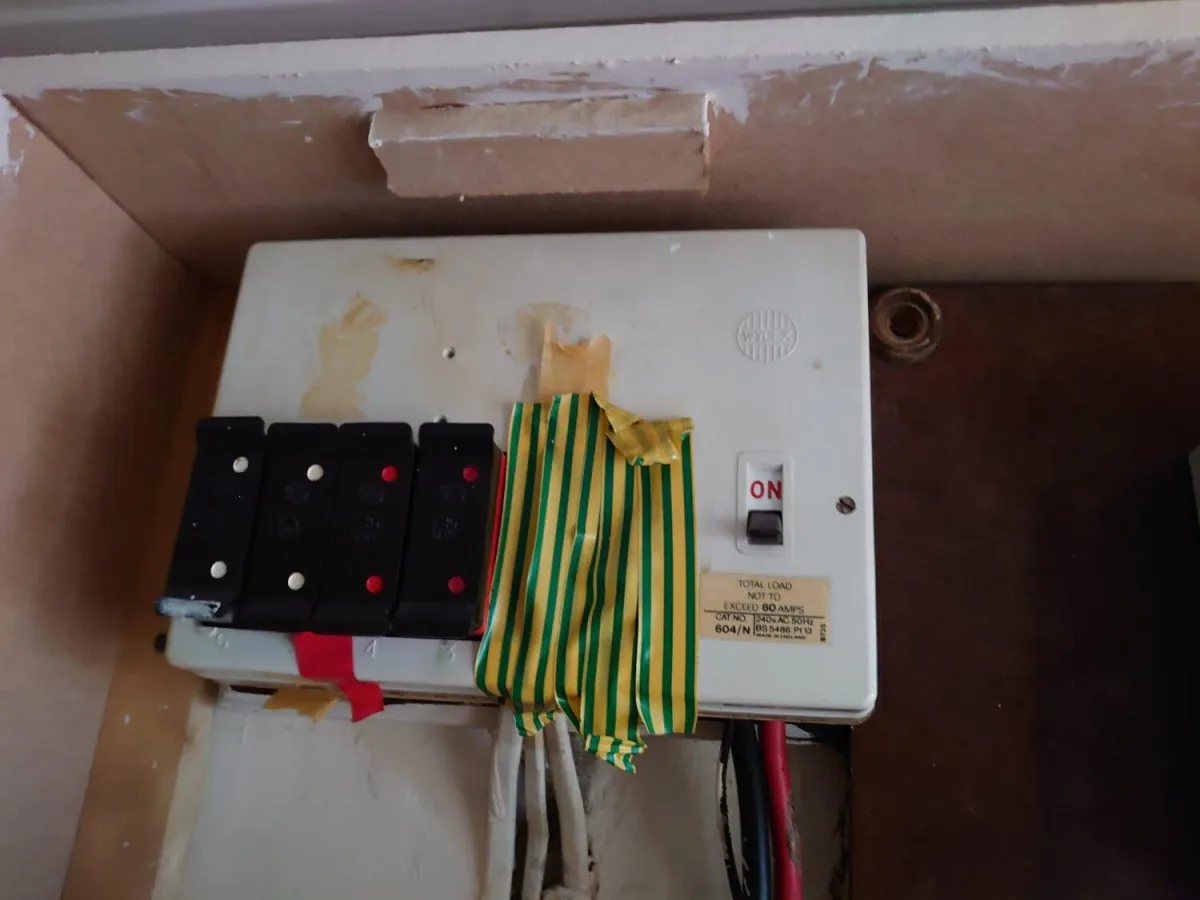
Electrical Installations and Periodic Testing - Landlord’s Responsibilities
As of 1 April 2021 The Electrical Safety Standards Regulations came into force for existing tenancies. It is now the private landlord’s legal responsibility to ensure that electrical safety standards are met during any period when the residential premises are occupied under a specified tenancy.
The duties of private landlords in relation to electrical installations now include ensuring that the electrical safety standards are met during any period when the residential premises are occupied under a specified tenancy, meaning that every electrical installation in the residential premises is tested by a qulified person before a new tenancy commences or at intervals of no more than 5 years. The landlord must obtain a report from the person conducting that inspection and test, which gives the results of the inspection and test and the date of the next inspection and test; supply a copy of that report to each existing tenant of the residential premises within 28 days of the inspection and test and supply a copy of the most recent report to any new Tenant before the Tenant occupies those premises.
What does this mean for experts involved in housing conditions claims?
Experts should at the very least inspect the electrical consumer unit which would usually have a sticker affixed to it detailing when a test was last carried out and when the next test is due to satisfy themselves that the electrical installation is in test as per the requirements of the above regulations.
If there are issues with the electrical system and the installation is NOT in test then there is a strong case that the property is not presently fit for human habitation. The Housing Health and Safety Rating System prescribed hazard #23 (electrical installations) and #24 (fire) both present a serious risk to the Tenant of a property where the electrical system is potentially unsafe. Even if the electrical system is in test if there has been disrepair or damage such as a leak through a ceiling, then the argument would be that the electrical system should be retested to ensure that the leak or other damage/disrepair has not created an issue which might present a risk of electric shock or a fire caused by faulty/damaged electrical systems.
As an expert, can you rely on the information on the sticker affixed to the consumer unit?
We would say not to rely solely on a sticker affixed to the consumer unit. The abovementioned regulations also require a test certificate to be provided to the Tenant and it would be prudent for disclosure of that certificate to be sought during the inspection and/or comment in any report that disclosure of this certificate is sought from the landlord in order to verify that the electrical system truly is or is not in test at the time of the inspection.
The Electrical Safety Roundtable is an industry forum for organisations with expertise in electrical safety. In January 2019, the Electrical Safety Roundtable Social Housing Sub-Group published a code of practice for social landlords. The Code of Practice for the Management of Electrotechnical Care in Social Housing recommends that electrical installations are inspected and tested with an Electrical Installation Condition Report (EICR) produced at least once every 5 years, as well as at change of occupancy. It also recommends that landlords should develop a clear policy on electrical safety that is approved at executive level. The Code is voluntary, non-statutory and non-regulatory, but has been adopted by at least 22 social housing providers to date..
